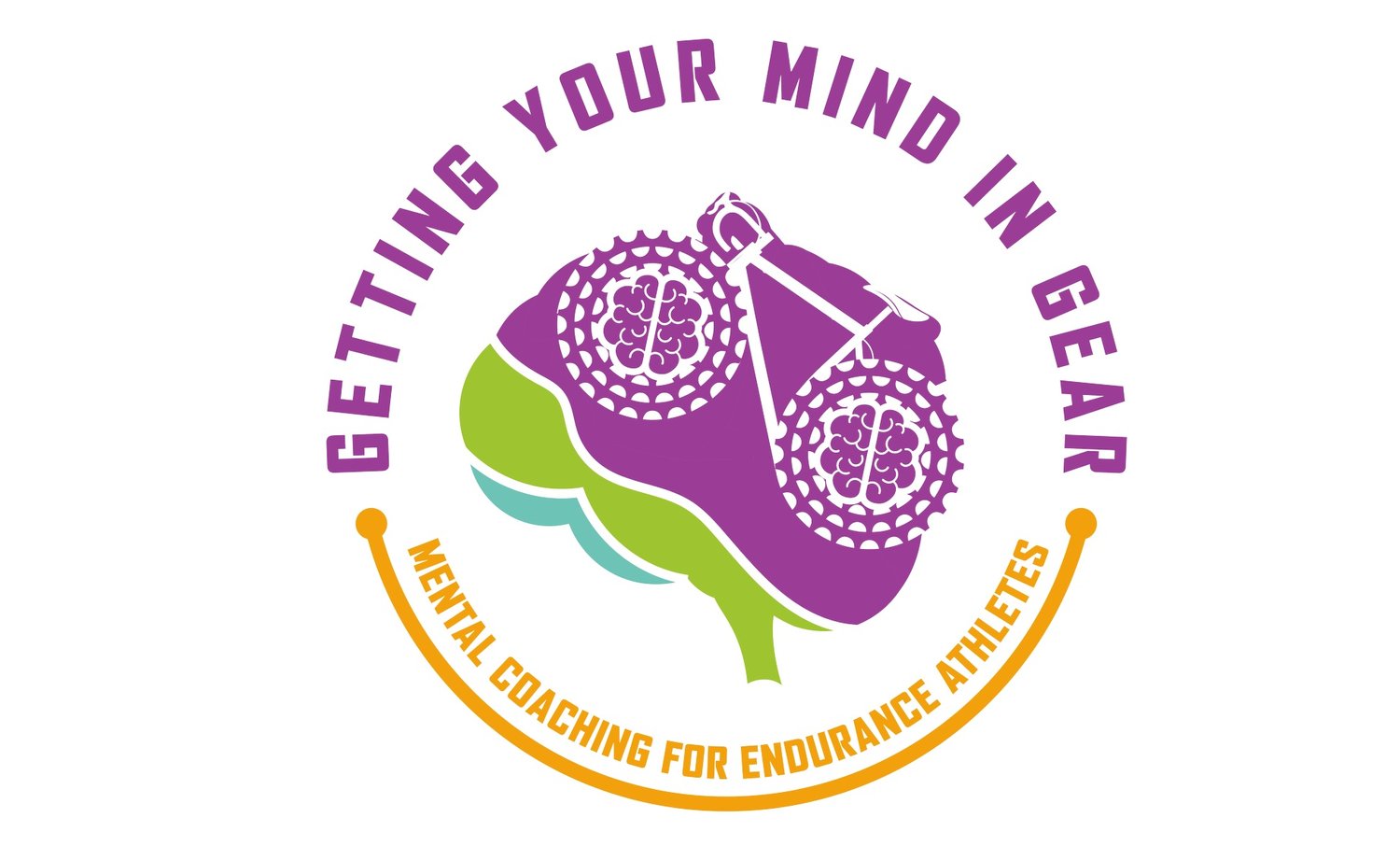Mental Health: It's a Continuum, Not Just a Crisis
It's May, Mental Health Awareness Month! This is a fantastic time to pause and really consider what mental health encompasses, moving beyond just diagnoses and labels.
At its heart, mental health is about our overall emotional, psychological, and social well-being. It's the inner strength that allows us to navigate life's inevitable ups and downs while maintaining a sense of purpose and meaningful connections with those around us.
Of course, mental health also includes mental illnesses – a collection of diagnosable conditions detailed in the DSM. These conditions involve persistent shifts in our thinking, emotions, or behaviors that can significantly impact our ability to function in daily life.
However, focusing solely on mental illness when discussing mental health is like only talking about heart attacks when we discuss heart health. Just as we understand that heart health involves more than just the absence of disease, mental health is a broader spectrum that includes our overall well-being, regardless of whether we have a diagnosed condition.
Think of mental health as existing on a continuum. Sometimes we feel mentally strong and resilient, while at other times we might find ourselves struggling. Even for individuals with a diagnosed mental illness, their symptoms can fluctuate along this continuum.
So, how do we nurture and improve our mental health, whether we are currently facing a mental illness or not? The answer lies in focusing on the fundamental building blocks of both physical and mental well-being. And crucially, seeking professional help when mental health concerns persistently and negatively impact our lives.
Let's explore some of these foundational elements of mental health:
Connection with Others: As social beings, our connections with others are vital for our survival, as well as our psychological and physical well-being. Sadly, the United States is facing a significant challenge with an epidemic of loneliness. The 2023 U.S. Surgeon General's report highlighted the serious consequences of loneliness, including increased mortality rates, decreased life satisfaction, and higher rates of mental illness. While the solution might seem straightforward – connect with others – it can feel daunting and even frightening for many. A helpful first step is to identify your interests and then explore local opportunities to engage in those activities. Enjoy gardening? Look for a local gardening club or volunteer at a public garden. Passionate about rock climbing? See if there's a rock-climbing meetup in your area. Engaging in activities you enjoy offers a dual benefit: it provides an outlet for fun and naturally fosters connections with like-minded individuals – a true win-win.
Connection with Nature: Our bond with the natural world is just as crucial as our connections with each other. Spending time in nature has been shown to lower stress and blood pressure, improve concentration and memory, and even boost creativity. Immersing ourselves in nature is a full-body, multi-sensory experience. Imagine being in a forest, seeing the trees, smelling their fragrance, hearing the rustling leaves and the sounds of wildlife, and feeling the gentle breeze on your skin. Or picture yourself by the ocean, feeling the sand beneath your feet, watching the waves crash, hearing their rhythmic roar, and tasting the salty air. When you're in nature, take the time to truly absorb the experience. Turn off your phone, slow down your pace, and consciously inhale and exhale to fully internalize the moment. You don't need vast wilderness or a pristine beach to benefit. Nature can be found almost anywhere. Notice the tree outside your window. Visit a nearby park and simply sit there. This isn't a new idea. Research as far back as 1984 highlighted the healing power of trees outside hospital windows. More recent studies indicate that people living in inner cities feel safer when there are trees in their neighborhoods. So, the next time you feel overwhelmed, seek out a tree. Perhaps more importantly, make it a daily practice to spend some time exploring the natural world around you.
Taking Care of Our Body: When feeling overwhelmed, one of the first things many people neglect is their physical well-being. Skipping meals, sacrificing sleep, and ceasing physical activity become common responses. I often hear, "I have too much to do! I don't have time to sleep or eat! I have a deadline; I need to stay at my computer!" It's no wonder that stress levels rise and productivity declines. Let's prioritize taking care of our bodies. The basics are fundamental: aim for sufficient sleep each night, and if needed, incorporate naps during the day. Fuel your body adequately with nutritious food. Just as a car won't run without fuel, our bodies require sustenance to function optimally. Our bodies are designed for movement, so let's make it a point to move them regularly. Some days might involve more intense exercise, while others might involve gentler activity. It's also crucial to be mindful of what we put into our bodies. Be aware of your intake of caffeine, alcohol, nicotine, cannabis, and other psychoactive substances, as these can negatively impact your sleep, recovery, and overall well-being.
These foundational elements, while seemingly simple, are powerful tools in building and maintaining good mental health. By consciously incorporating connection, nature, and self-care into our lives, we equip ourselves to better navigate the inevitable challenges that life throws our way. Remember, life will have its difficult moments, and some situations may feel insurmountable. Building these foundations is an investment in your resilience and overall well-being.
